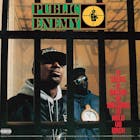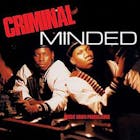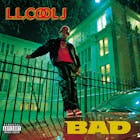
Classic Albums: 'Yo! Bum Rush The Show' by Public Enemy
Classic Albums: 'Yo! Bum Rush The Show' by Public Enemy
Published Thu, February 10, 2022 at 6:00 PM EST
The time was right. But nobody really knew that yet.
In just under four years, Def Jam Recordings had gone from upstart label based in Rick Rubin's NYU dorm room to inking a major distribution with CBS Records. The label had seen explosive successes with LL COOL J's 1985 debut Radio and 1986s multiplatinum-selling Licensed To Ill by the Beastie Boys. Not a by-the-numbers brand, Def Jam had already established that it could build a unique, individualized kind of rap star: LL burst out of the gate as a teenaged b-boy oozing bravado and charisma; while the Beasties had traded on a "frat-rap" party image that endeared them to Midwestern metalheads and jocks. But now, Def Jam was about to take a chance on a collective from Long Island, led by a 26-year old former-deliveryman-turned-DJ with an ear to the street and a mind for revolution.
"My parents were around 28-29 in 1969-70,” Chuck D said in a 2019 interview with NME. “These issues were in the air. If you weren’t socially responsible then you were a louse. My parents were very outspoken. They encouraged me to be outspoken and they encouraged me to be studied, not just to speak at the top of my lungs. The camp had students, rebels, Nation of Islam, Black Panthers… they were our counsellors! It made us challenge the theory of Columbus when we got back in the fourth grade. It had a profound effect not just on myself but on other people in Public Enemy like Shocklee, Flavor and Griff.”
That's Flavor Flav and Professor Griff, for anyone unsure.
Carlton Ridenhour was serious about music. A former student at Adelphi University, Carlton DJed as "Chucky D" on campus radio station WBAU, where Chuck and his buddy Flavor Flav (William Drayton) recorded a quasi-anthem for Chuck called "Public Enemy No. 1." Chuck had also linked with a crew that included Bill Stephney, Harry Allen, Hank Shocklee and Andre Brown, who would soon come to be known as Doctor Dre of Yo! MTV Raps fame. This crew would form the core of the Bomb Squad, while also providing the launching pad for Public Enemy.
Stephney linked with Def Jam after Rick Rubin asked him to come work for the label. And Stephney steered Rubin to Public Enemy, this crew led by Chuck, with screechy Flav, DJ Terminator X and a militant pro-Black message. "Public Enemy No. 1" was generating tremendous buzz around New York City at this time, even Run-D.M.C. had become fans of the song. At the urging of Stephney, Chuck needed to make the group official. After Hank Shocklee decided the group should be named after Chuck's famous record, they rush-recorded an official single as "Public Enemy. The song was called "Lies" and it's B-side was "Check Out the Radio." The song flopped and the 27-year old Chuck decided any ambition to be a rapper was unrealistic.
“I was the guy that brought everybody to the table when I found Chuck," Hank Shocklee explained to Okayplayer in 2017. "Who was doing an announcement at a party that I was going to, that was the first of many rap battles to come. But they weren’t called rap battles, it was just rappin’ when Chic’s “Good Times” got spun by the DJ. There was one mic and everybody had to bust a verse and all these cats were wack. So I had to sit through this nonsense and hopefully see somebody [I liked] because I was looking for an MC for my DJ set. And Chuck came on and did an announcement for a party and I was like, ‘Woah!’ He caught my attention more than the 50 other rappers up there. It took me two years to sit him down, for him to believe that he could be a rapper.”
DROP YOUR EMAIL
TO STAY IN THE KNOW
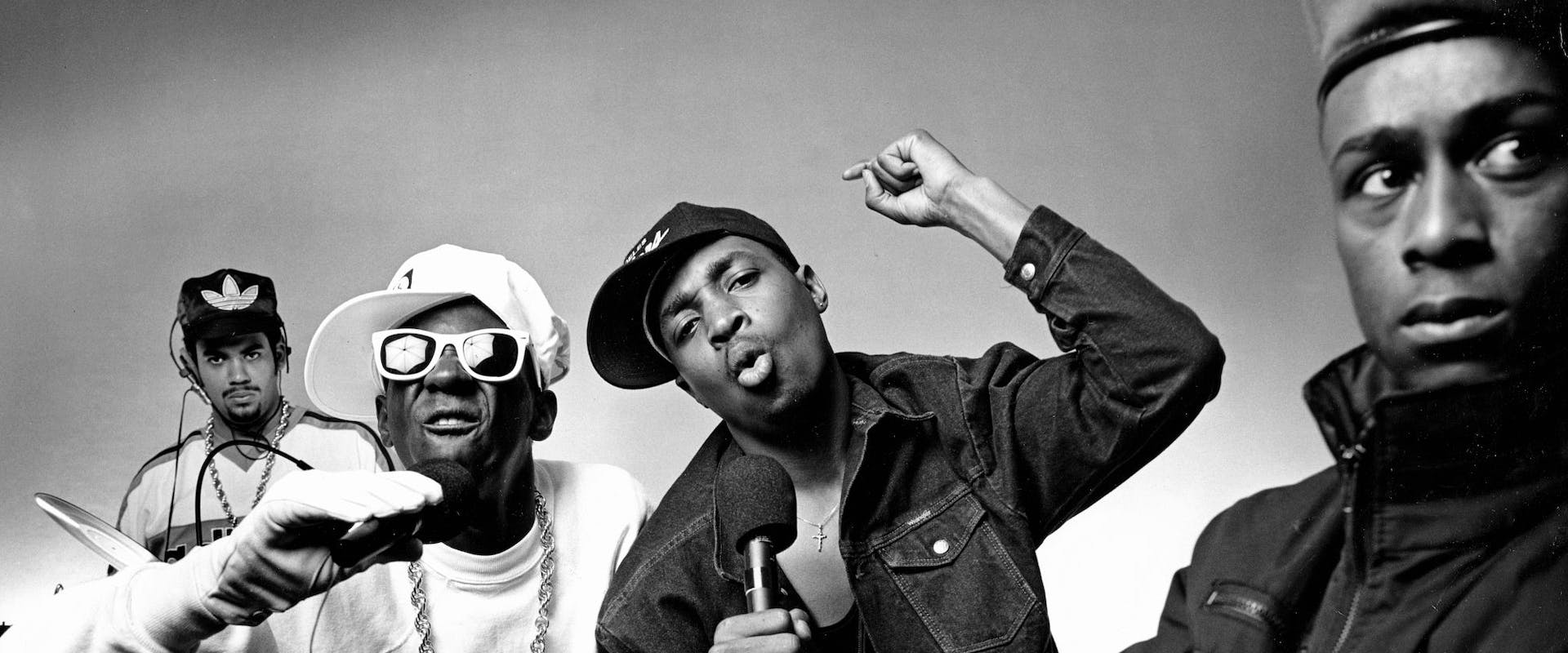

The 1980s represented a uniquely dichotomous time for Black America. On the one hand, there was the much-ballyhooed emergence of a so-called Black middle class; and the embrace of inoffensive, widely-appealing, successful Blackness became a part of the popular narrative. The Cosby Show was the most popular sitcom; non-threatening artists like Whitney Houston and Lionel Richie topped the charts; and, coming on the heels of 1960s and early 70s racial turmoil, such presentations of Black faces were seen as progressive.
Public Enemy's ethos, image and sound were all revolutionary.
"This is a time when everybody else was hybriding with live musicians and drum machines," Shocklee shared. "Run-DMC and Whodini were using keyboard players, bass players, guitar players. All we had was five grand, so you can’t hire musicians with five grand. The record had to be made from what I had—my records. And I knew at the time it could fly under the radar because nobody had done it. People had done it with snippets but I wanted to compose the whole thing only using the samples inside the drum machine and using the DJ as the musician. Scratches and cuts were the instruments being played in this [album]. Then taking little snatches of records to build them up and create an idea."
With Yo! Bum Rush The Show, P.E. intensified Run-D.M.C.'s sonic blueprint. There are flourishes of rock guitar (most notably Vernon Reid's flashy showcase, the controversial "Sophisticated Bitch") and the kind of stripped boom-bap that Def Jam had taken to the top of the charts via L.L. COOL J and the Beasties. But the Bomb Squad dug deeper; this was even harder, and more propulsive. And Chuck D's baritone gave voice to a new kind of B-boy.
The righteous anger that would come to inform latter P.E. classics like It Takes A Nation of Millions To Hold Us Back and Fear Of A Black Planet is still in somewhat nascent form on Yo! Bum Rush The Show. If latter day Chuck D seemed to rap about societal issues from a proverbial pulpit; early Chuck D is still very much a b-boy staring out from his '98 Oldsmobile while rolling with his boys. His political perspective is present, and his voice is fully formed; but there's an emphasis on youthful expression that speaks to a man in his mid-20s. Chuck is already old enough to know that rap music can do, say and be more; but he's still young enough to cling to the fun of partying and bullshit.
And then, of course, there's Flavor Flav.
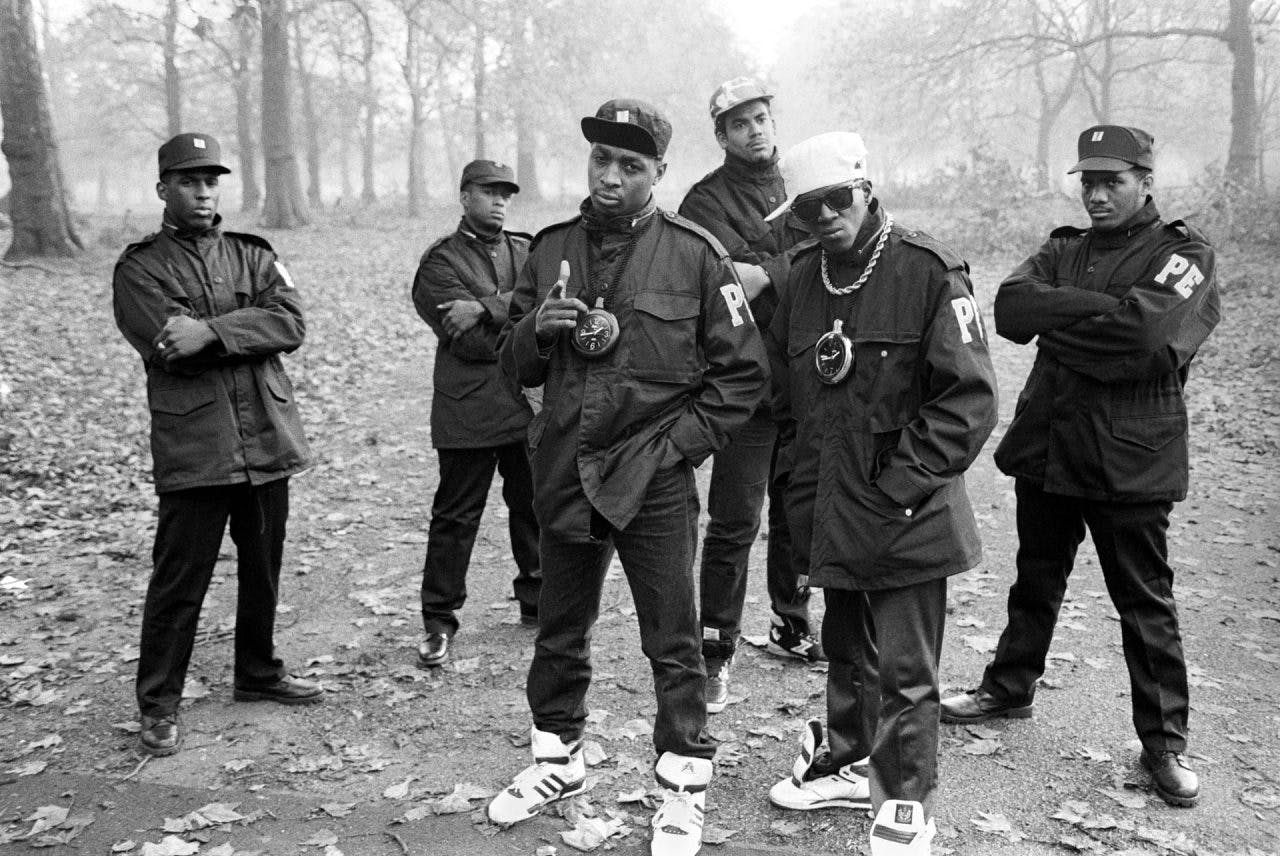
"When you’re listening to Chuck and Flavor, what you’re listening to is two different frequencies coming together to make a chord, " Shocklee observed. "Flav is an octave higher than Chuck, which adds for a nice, unique blend. Attack and release: Chuck is giving you the attack, Flav is the release."
They'd recorded the album in Manhattan's Financial District, at I.N.S. Recording; where others such as Keith Sweat were booking time. "Timebomb" was the first track recorded for the album itself; and the funky groove features Chuck showcasing his effortless emceeing over the beat. "Too Much Posse" is P.E.'s comedic Flav showcase—an album tradition that would continue for the next 35 years; and "(Rightstarter) Message To A Black Man" is Chuck raging against apathy and demanding knowledge in the face of oppression; the clearest indicator of the kind of topicality P.E. is about to become world famous for. And "Megablast" took aim at crack addiction, with its hypnotically sparse groove complemented perfectly by Chuck and Flav's unison raps and "Just gimme just one more hit" hook. The sludgy thump of tracks like "M.P.E." and the title track highlight the Bomb Squad's knack for finding off-kilter rhythms a decade before RZA's skeletal loops on Enter the Wu-Tang: 36 Chambers.
The album's sonic abrasiveness led to a famously misinterpreted Village Voice review entitled "Noise Annoys," (and that same review directly inspired one of P.E.'s later singles "Bring The Noise.")
From the beginning, Public Enemy was rejected by mainstream Black radio. It drew a line in the sand between Chuck's fiery rhetoric and the more middle-of-the-road affectations of popular Black platforms. Chuck seized on P.E.'s notoriety and made sure he was clear and to the point with the group's messaging, building his rep as a new kind of 80s Black star. In a famous interview with SPIN magazine, Chuck laid out his group's ethos and defended the oft-criticized violent imagery of songs like "Miuzi Weighs A Ton."
"Because my Uzi weighs a ton," Chuck replied when asked about the group's references to assault weaponry. "My Uzi weighs more than a ton. There’s no limitation to the weight of my Uzi. My Uzi is my mind, the bullets are the words I speak. You know what I’m sayin’? So there’s no limitation to that. You know the mind is heavy. And words are heavy. The words are comin’ at you rapid-fire. Like a machine gun—da-d-da-d-da-da-da-da-da. But it’s not promotin’ guns. It’s not promotin’ violence."

My Uzi weighs more than a ton. There’s no limitation to the weight of my Uzi. My Uzi is my mind, the bullets are the words I speak."
- Chuck D, (1987 SPIN interview)
Their debut album announced P.E. as a musical force, and the group's reputation grew almost immediately. “The thing about PE is that they were so self-contained," shared Bill Adler in 2017. "They came up with this concept and animated it and defined it in a variety of different ways. They have a mission of their own as well as a musical mission, which is astonishing. Then you have Chuck who is more than a great poet. He’s an astonishing graphic artist. He designs that logo and it’s absolutely brilliant. Down the road he would design album covers for them. “Don’t Believe The Hype” is a collage of newspaper clips that I’d been collecting and Chuck mushed it together and designed the cover. They’re just astonishingly self-sufficient. They also seized a moment. The culture was ready forit. My job was so easy compared to Bill Stephney’s because radio was such a conservative medium. It didn’t stop him from doing brilliant work. There wasn’t a print journalist who didn’t have more editorial freedom than any radio jock."
As Chuck told SPIN, “'You’re Gonna Get Yours' is about police arrest in black neighborhoods. If you have a fly car and you drive around, the police will tend to stop you more often than not. And I’ve been stopped plenty of times."
The legendary Def Jam '87 Tour also illustrated that Public Enemy had broken big internationally.
"It didn't take me by surprise," Chuck would say in 2010. "Because I was one of the rare people on Def Jam that was actually doing press, because of my topics and what I would delve into. So as everybody else was caught up doing in different things in '86 and '87, my press had started to be just as significant over in the UK as in the States. We had people coming over from the UK before our first album was even out. It was a surprise to people like LL Cool J and Eric B. & Rakim, 'cos things were more music and radio-driven [for them], it was about the popularity of a certain adolescent audience. When they came over to the UK they were totally culture shocked and surprised, they couldn't understand the level of fever for us."

'You’re Gonna Get Yours' is about police arrest in black neighborhoods. If you have a fly car and you drive around, the police will tend to stop you more often than not. And I’ve been stopped plenty of times."
- Chuck D, (1987 SPIN interview)
Stephney would soon leave the P.E. collective to be fully immersed at Def Jam, and the group would scale higher heights with their second album, the masterwork It Takes A Nation Of Millions To Hold Us Back. But Yo! Bum Rush the Show was the first shot fired; and it shook up everything. P.E. would reshape the 1980s; by the end of the decade, Black pop culture would look a lot less safe.
“Our whole mission was being an outsider coming into the game to change the game," Shocklee said in 2017. "That’s why we weren’t ‘the rapper and the DJ.’ It was a coup. It was an organized coup. You not supposed to know who the rapper was or who produced the record. What PE represented was neither one of us becoming superstars. It was in opposition of that. It’s supposed to be the community coming at you. It’s why we had the S1Ws. No one was supposed to know their role, but it was paramount, because everybody needs backup. People overlook the little things. It was a fight to get Flav into the group because Rick Rubin only wanted to sign a rapper. Everything had this concept of built-in stardom. We didn’t want that. We wanted to be the Black Panthers. This was about creating awareness. It’s not about getting our bling on. If it was about getting money it was only so we could fund the cause. Today, cats are getting money but there is no cause they’re funding. So now other people are funding your causes. And they’re using your cause for something other than helping you.”
